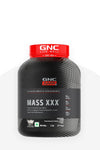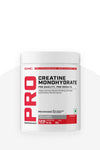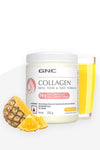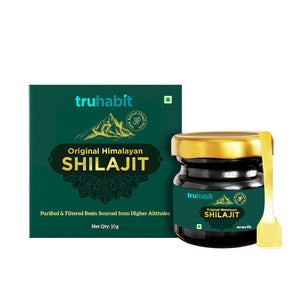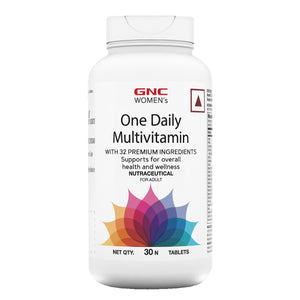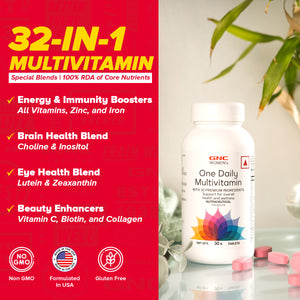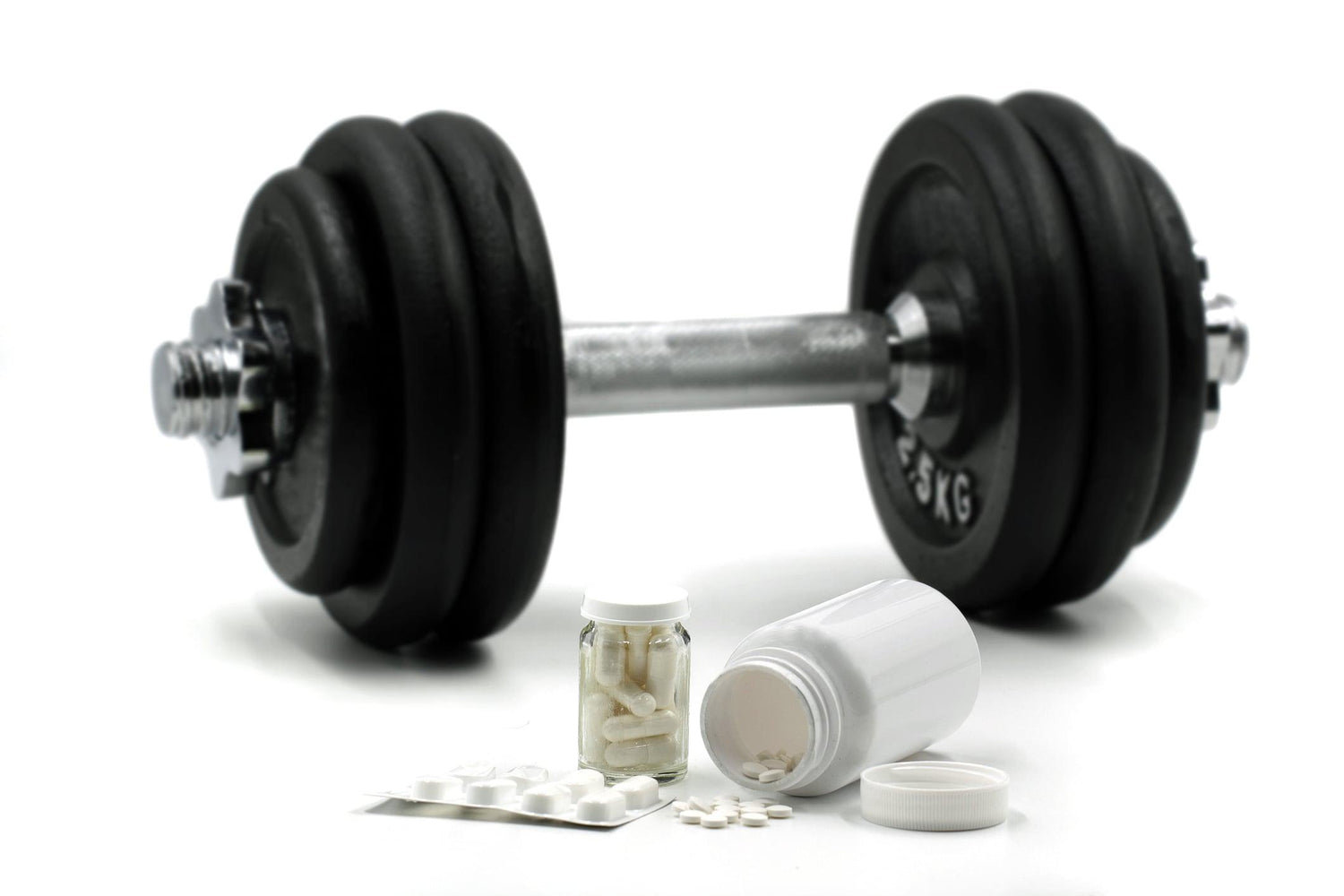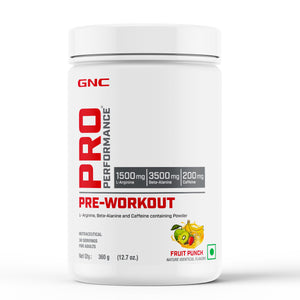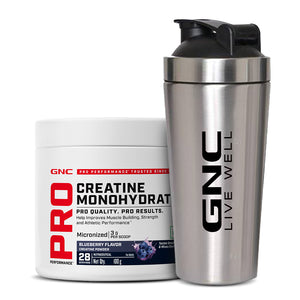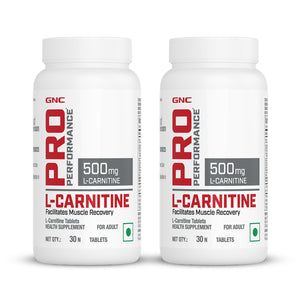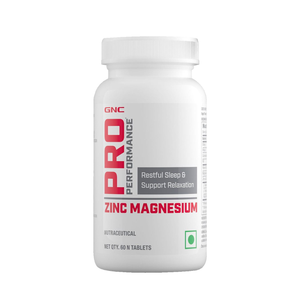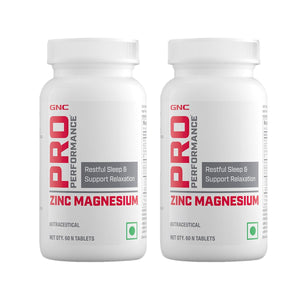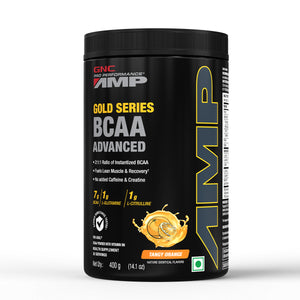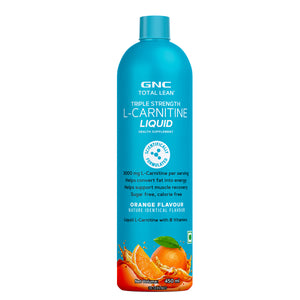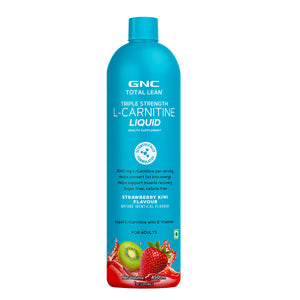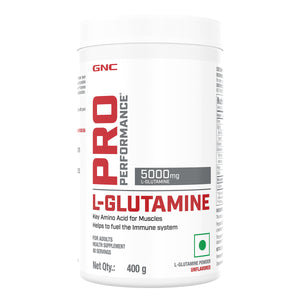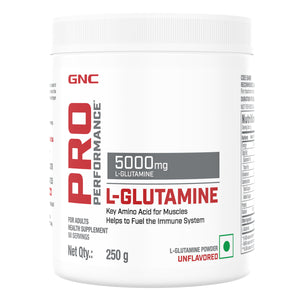 Leucine Supplementation and Intensive Workout
Leucine Supplementation and Intensive Workout
Leucine, isoleucine, and valine are three main branches of the branched-chain amino acids (BCAA), and makeup about one-third of muscle protein. Of this, leucine is the most thoroughly researched due to its higher oxidation rate as compared to valine and isoleucine.
It is indispensable and critical to life. Leucine is an important signaling molecule in muscle protein synthesis. It is involved in the growth and repair of muscle tissue. Leucine influences anabolic and catabolic signaling compounds within the body. Leucine helps fuel muscle cells and supports muscle protein uptake and balance. It also acts as a nutrient regulator of insulin biosynthesis and secretion.
During aerobic, anaerobic, and strength exercise, a significant decrease is seen in leucine from 5 to 33%. Hence it is important to meet the leucine requirement.
Significant decreases in plasma or serum levels of leucine occur following aerobic (11 to 33%), anaerobic lactic (5 to 8%), and strength exercise (30%) sessions. The whey protein naturally does contain leucine, but its content may vary between 5% and 10%. In on the studies, it was quoted that the current recommended dietary intake of leucine can be increased from 14 mg/kg body weight/day to a minimum of 45 mg/kg body weight/day for sedentary individuals, and more for those participating in intensive training in order to optimize rates of whole-body protein synthesis. (Mero A;1999)
Studies suggest that BCAA containing approx.30 to 35% of Leucine before and after the endurance exercise may prevent protein breakdown, improves muscle glycogen stores, and thus help improve both mental and physical performance.
In one of the studies, during 5 weeks of strength and speed training, leucine supplementation of 50 mg/kg body weight/day, supplementary to a daily protein intake of 1.26 g/kg body weight/day, appeared to prevent the decrease in the serum leucine levels in power-trained athletes. According to 1 study, dietary supplementation of the leucine metabolite beta-hydroxy-beta-methyl butyrate (HMB) 3 g/day to humans undertaking intensive resistance training exercise resulted in an increased deposition of fat-free mass and an accompanying increase in strength.
The studies are clearly telling us that leucine supplementation is a must for endurance and strength exercise:
- Exercise increasing your protein breakdown and protein requirement, but at the same time, it decreases the ability to synthesize muscle protein. Leucine can help improve muscle protein synthesis if taken before your workout.
- Leucine belongs to essential amino acids required for the proper muscle synthesis, thus may lead to muscle-building to optimize your workout.
- Leucine’s ability to reduce muscle breakdown or loss is not only beneficial for athletes but also for older people.
- Leucine is also responsible for improving your fat loss journey as compared to the valine and isoleucine. This way, your lean muscle mass is improved.
- A review from the Department of Food Science and Human Nutrition at the University of Illinois reported that consuming leucine right after working out can help stimulate muscle recovery.
GNC BCAA contains 7g of Instantized BCAA in optimal 2:1:1 to prevent muscle breakdown during an intensive workout. GNC BCAA can help support muscle strength for intensive workouts to promote muscle growth, reduces muscle fatigue, and improves recovery time.



